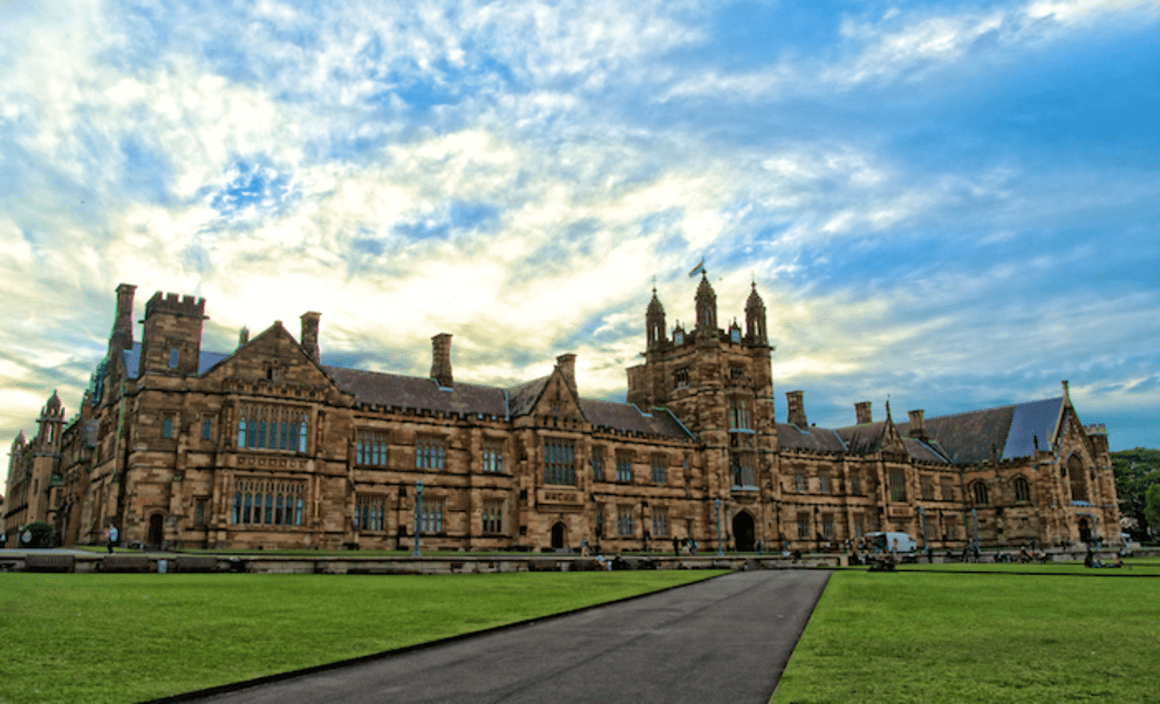Coronavirus threat compels Sydney University to introduce protective measures

The University of Sydney has announced new measures to reduce the growing financial impacts of the COVID-19 crisis, demonstrating the widespread effect the epidemic is having on economic confidence.
Current estimates predict that the University is facing a shortfall of more than $200 million as part of the $2.8 billion budget, according to Vice Chancellor Dr Michael Spence.
“We’ve always made responsible financial planning a priority and have a range of strategies in place to allow us to respond to a number of different financial scenarios, including this current one,” Mr Spence said.
“Our focus remains on the health and welfare of all our students and staff, both on campus and overseas, and in ensuring our world leading research and teaching can continue.”
“We know these measures will create some challenges, but they are aimed at ensuring we can continue to contain the financial impact of this ongoing global health crisis.”
The Vice Chancellor said the measures, which are drawn from the University’s longstanding financial risk mitigation plan, include a pause on all capital spending, project spending, recruitment, international travel, and a basis-by-basis revaluation of a contractors and consultants.
Two scenarios were modelled, with the first based on whether 8700 affected international students would have to defer one semester (Scenario 1) or 15,000 affected international students deferred the whole year (Scenario 2).
Under Scenario 1 we would see a reduction of approximately $1.4 billion to the NSW Gross State Product (GSP) with approximately 10,700 full time jobs impacted.
Under Scenario 2 we would see a reduction of approximately $2.2 billion to the NSW Gross State Product (GSP) with over 15,000 full time jobs impacted.
The top four affected sectors would be retail trade, accommodation and food services, professional, scientific and technical services and administrative and support services.
“This modelling makes clear that the benefits international students bring when they choose to study in Sydney go far beyond the university sector. For the state more broadly, for retailers, hospitality workers and tradespeople, international students are helping to keep the NSW economy turning,” the Vice Chancellor added.
“As always, the health and safety of our staff and students, whether here on campus or overseas, remains our highest priority and we will continue to follow NSW Health advice. As part of that we’ve stepped up the frequency of cleaning across campus; put up signage regarding hygiene practices and installed a large number of hand sanitiser units.”